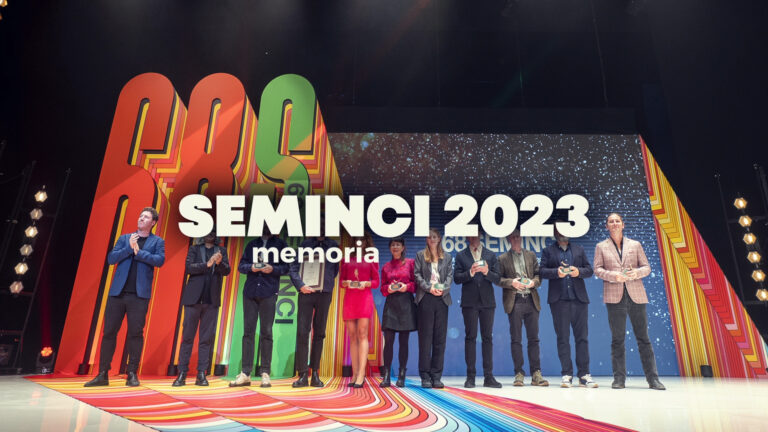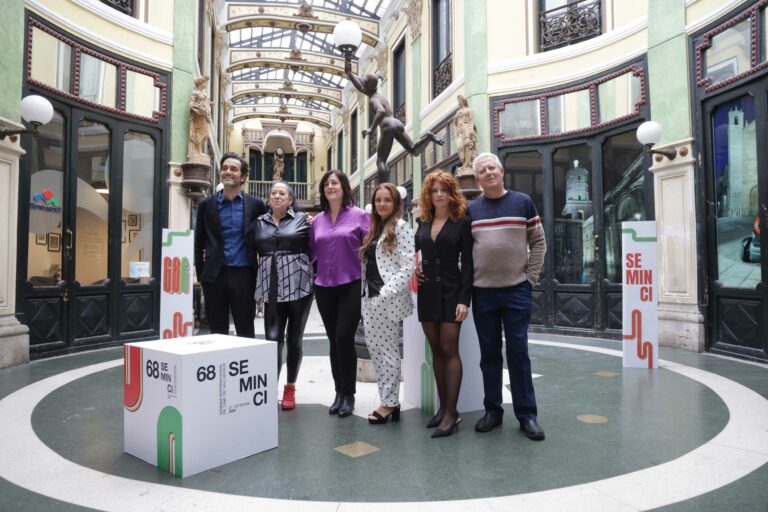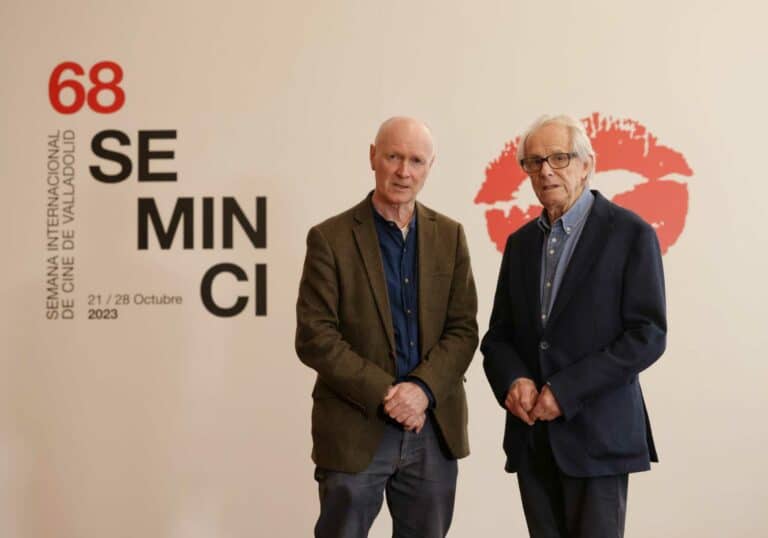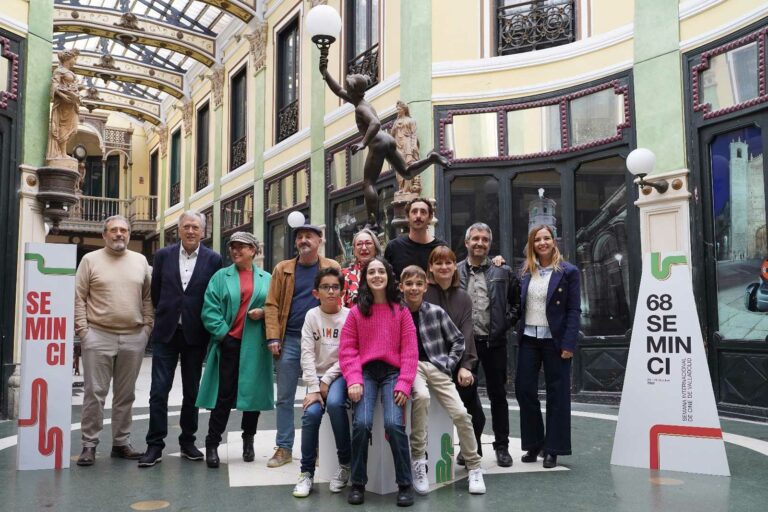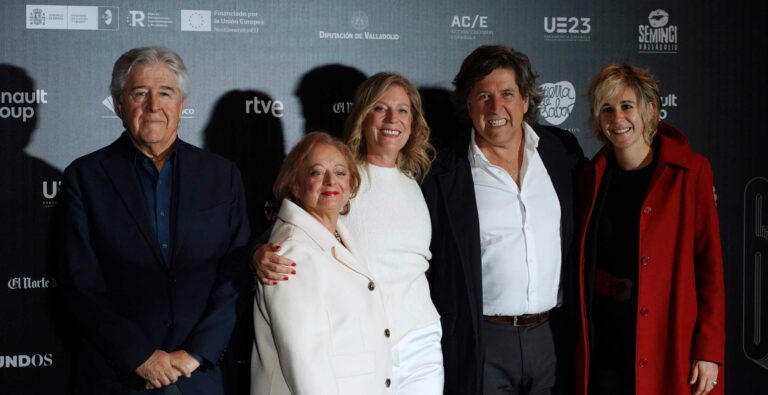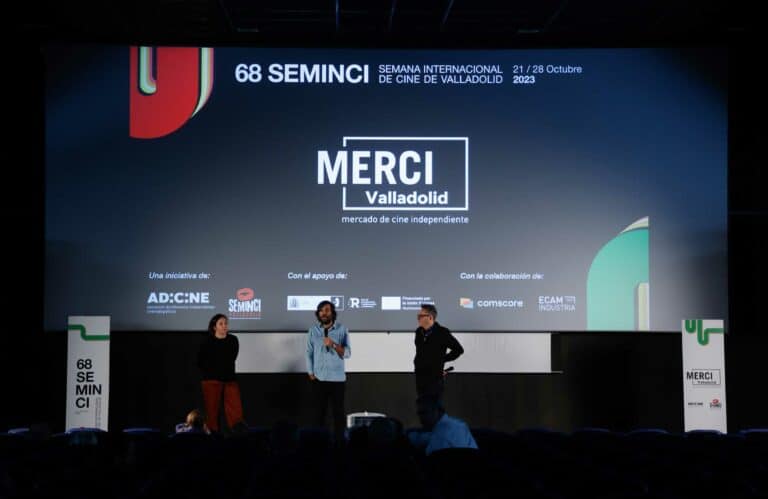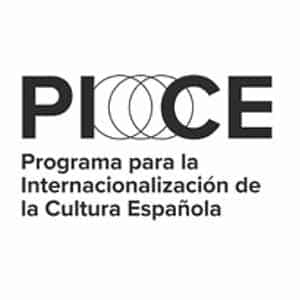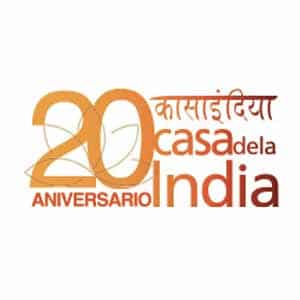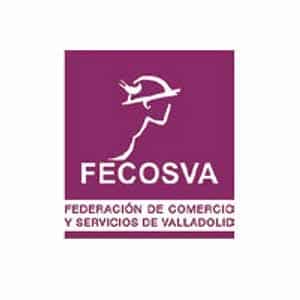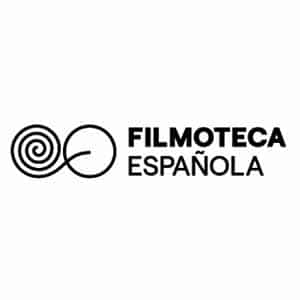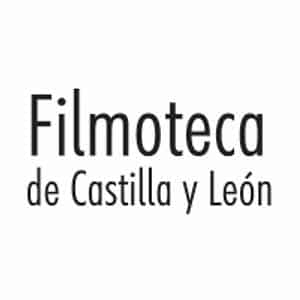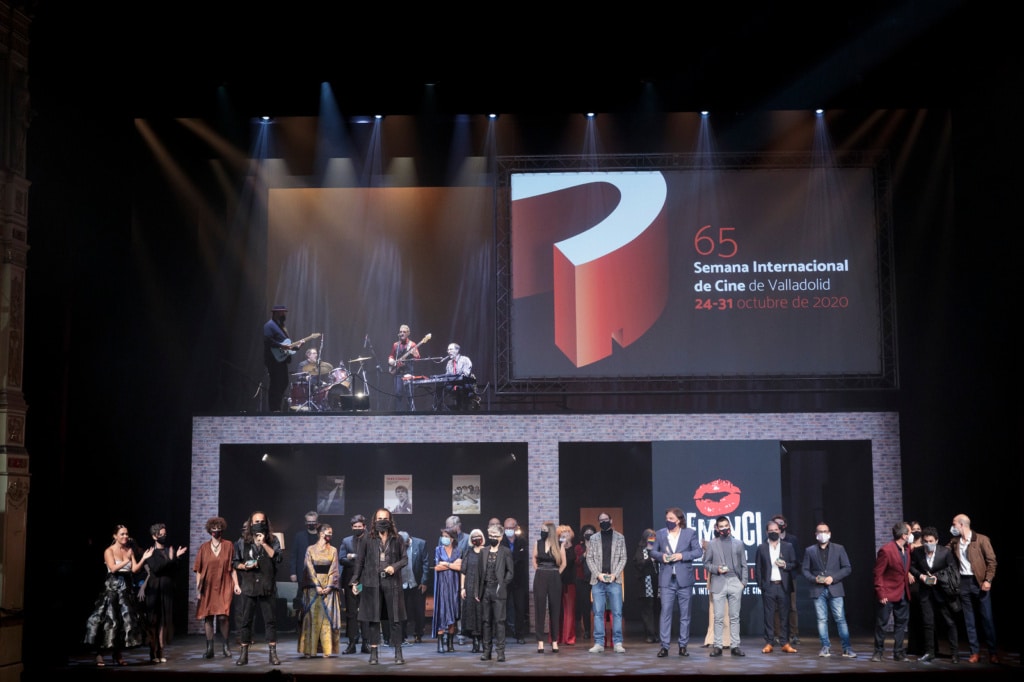
10/31 / 2020.- “It has been a different edition, given the current circumstances, but precisely because of that, it was extraordinary“. With these words, actress Eva Marciel kicked off last Saturday evening the closing gala of the 65th edition of Seminci: an edition marked by the pandemic. Indeed, if there is something that in these difficult times can serve as a kind of antidote to lockdown and pessimism, it is cinema, an art capable of transporting us to other places, making us dream, setting us free. “Cinema has that magic, it helps us to face realities with a vital and constructive attitude”, said Marciel, who acted as master of ceremonies in tandem with journalist Elena Sánchez at Valladolid’s Teatro Calderón.
These year’s festival audiences have been able to enjoy more than 150 titles, feature films and shorts that were screened both in physical venues and online over the last eight days. In addition, the festival launched its own digital channel, Canal Seminci, which broadcast practically all the events of this 65th edition on streaming.
The first awards to be presented on stage during this Saturday’s closing gala were those in the special programme “Castile&León in Short” (De Perfil, by Alejandro Renedo and, Reflejo, by Juan Carlos Mostaza [Jury’s special mention]), followed by the winners of the Green Spike (Climate Exodus by David Baute) and the Rainbow Spike (The Night Train, by Jaerry Carlsson).
Next, actress Emma Suárez, also a member of this edition’s International Jury, appeared on stage to present the Pilar Miró Award for Best New Director, which went to the Hungarian fimmaker Lili Horvát. Since Horvát was unable to travel to Valladolid, it was Daniel Bajo, the head of Karma Films, who collected the award on her behalf. “She is a director with tremendous talent and we are very happy to be able to release this film in Spain,” he said.
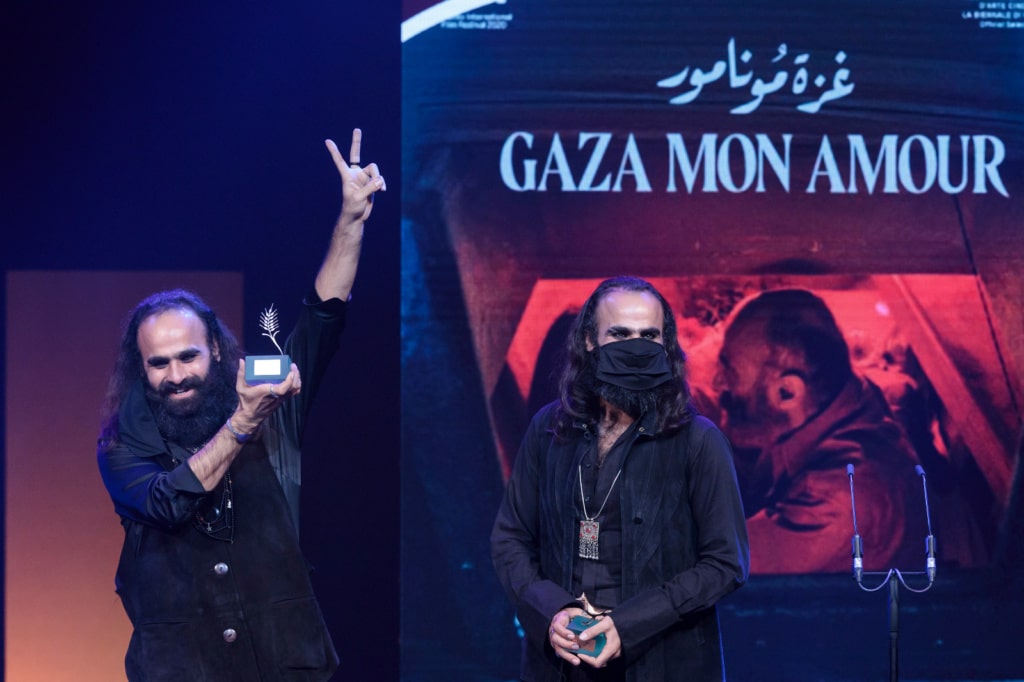
Then was the turn of the documentary programme DOC.España, which awarded its prize to the feature-length Tierra de leche y miel, by Héctor Domínguez-Viguera, Carlos Mora and Gonzalo Recio, which deals with displacement and the scars of war. “This is a very important award for the film to be seen and for the voices of the protagonists to be heard,” said Mora after collecting the prize. Also in this section, the jury dedicated a special mention to Ignacio Acconcia’s El niño de fuego.
In Time of History the awarded titles were the short films 57 días, by Mario Lumbreras and Laura Brasero, which shows the struggle of the first patients infected by coronavirus; and Huntsville Station, by Jamie Meltzer and Chris Filippone, the recipient of a special mention.
As for the section’s documentary features, Jerry Rothwell’s The Reason I Jump won second prize, while Little Red Riding Hood, by Argentina’s Tatiana Mazú, also received a special mention. The first prize in Tiempo de Historia went to the documentary Radio Silence by Juliana Fanjul, which portrays the difficulties journalists in Mexico have to face in the practice of their profession. Speaking from her home and visibly moved, Fanjul sent a message of gratitude to the Valladolid Festival: “This award fills us with the hope we need to continue resisting and facing whatever may come.”
Fanjul was followed on stage Argentine filmmaker Enrique Gabriel, a member of the Meeting Point jury, who announced the winners of this section where 12 feature films and 9 short films have participated this year; but not before thanking the Festival for the enormous effort made during these days. Omelia contadina, by JR and Alice Rohrwacher, won the Best Foreign Short Film award, while the prize in the Spanish Short Film Night programme went to Stanbrook, by Óscar Bernàcer.
Khate Farsi, by Iranian director Farnoosh Samadi, has won the Meeting Point’s Best Feature Film award with a story that reflects the price of breaking the rules in Iran if you are a woman. Also speaking from her home, Samadi wanted to thank the festival and the jury for having granted her “an incredible gift: this is a very special award because it is my first feature film,” she pointed out in her video-message.
In addition, the film Lonely Rock by Alejandro Tarraf, received a special mention by the Meeting Point jury. On the other hand, the José Salcedo Award for Best Editing went this year to Vessela Martschewski, responsible for the editing of the film Persian Lessons, by Vadim Perelman .
The Best Actress Award went to Natasa Stork, who plays the lead role in Lili Horvát’s Preparations to Be Together for an Unknown Period of Time. The performer thanked the director for the opportunity to embody the character of Márta, and assured that it was a great honour to receive this award.
The Best Actor Award went to Shai Avivi, for Here We Are, by Nir Bergman. The actor, who plays the dedicated father of an autistic son, also sent a message of gratitude to the Festival. “This award shows that the language we speak is the language of the heart. It is an enormous joy, a real gift,” he said.
The Palestinian brothers Arab and Tarzan Nasser, ex aequo with Fadette Drouard, are this year’s winners of the Miguel Delibes Award for Best Screenplay for their film Gaza mon amour. Both brothers, present at Teatro Calderón, claimed that “it is a great pride to obtain an award that bears the name of a writer like Delibes.”
On the other hand, El Norte de Castilla’s audience award went to Nowhere Special, by Uberto Pasolini.

The Official Section was the last to present its awards at the Calderón Theatre this Saturday during the closing gala. Fernando Pomares appeared on stage to collect two prizes: the Golden Spike and the Best European Short for his film El Màrtir. “Being part of Seminci is a dream come true,” said the director.
The Ribera del Duero award for Best Director was shared by Aurel, for Josep, and Iván Ostrochovský, for Servants, while There is no Evil received a special mention from the jury.
And again it was the directorial tandem formed by Arab and Tarzan Nasser who returned on stage to receive, this time from the president of the Spanish Film Academy Mariano Barroso, the second most important prize of the Valladolid competition: the Silver Spike for their film Gaza mon amour, which combines a fictional love story with the real discovery of an Apollo statue by an old fisherman in 2013.

Along with the small doses of humor that showman Alex O’Dogherty contributed to this closing gala, there eventually came the moment to present the most important prize in the Valladolid Film Festival. Hungary’s Lili Horvát, virtually received the Golden Spike for her film Preparations to Be Together for an Unknown Period of Time, in which Márta, a brilliant neurosurgeon, abandons her career in the US to return to her native country and start a new life with the man she is in love with.The Hungarian director appeared visibly moved from her home and expressed her happiness at this recognition. “It is an incredible honour. I had the opportunity to participate in Seminci with my first feature film and now winning these three awards has surpassed all my expectations “.
Also the Valladolid Festival has seen its expectations surpassed by being able to hold another face-to-face edition of Seminci in the midst of the pandemic. True: there have been seating and showtimes restrictions, a green carpet paraded by fewer stars than usual, and face masks that forced one to read smiles in the sparkle of people’s eyes: But cinema has finally prevailed thanks to the understanding and complicity of the public.
The Valladolid International Film Festival will return next year between 23 and 30 October, 2021.


